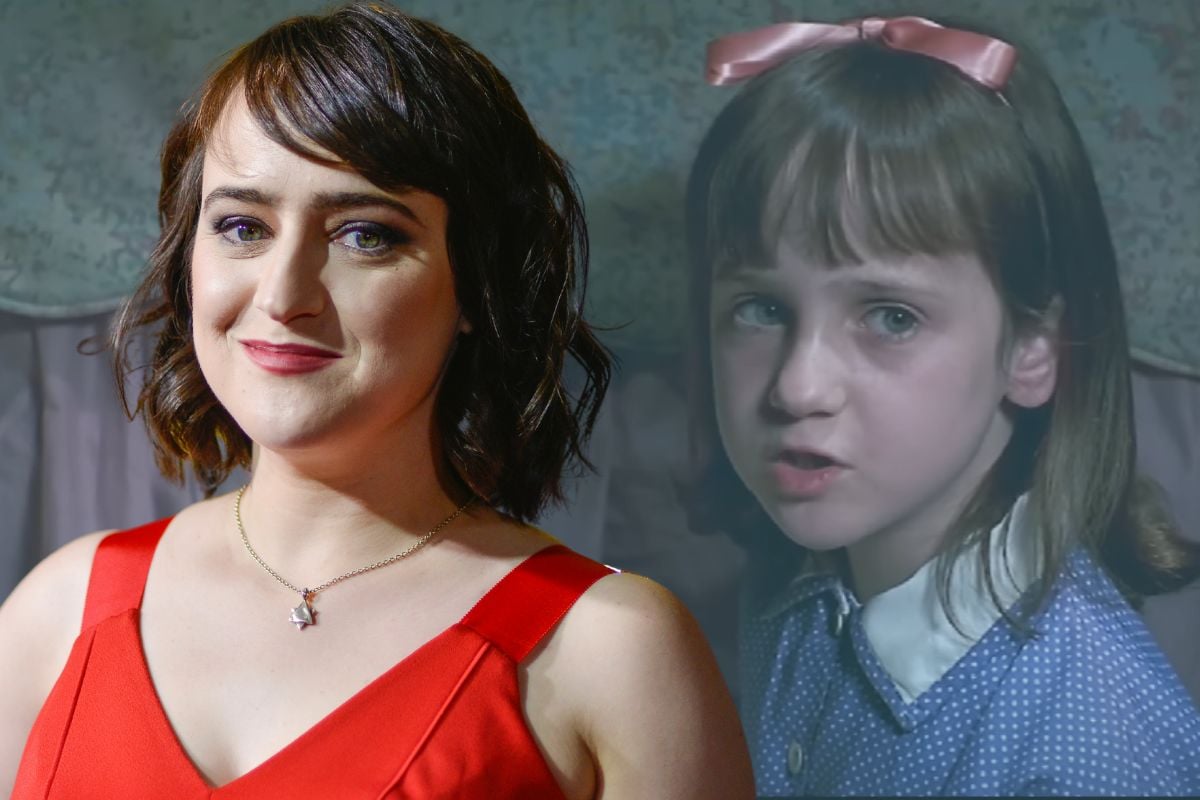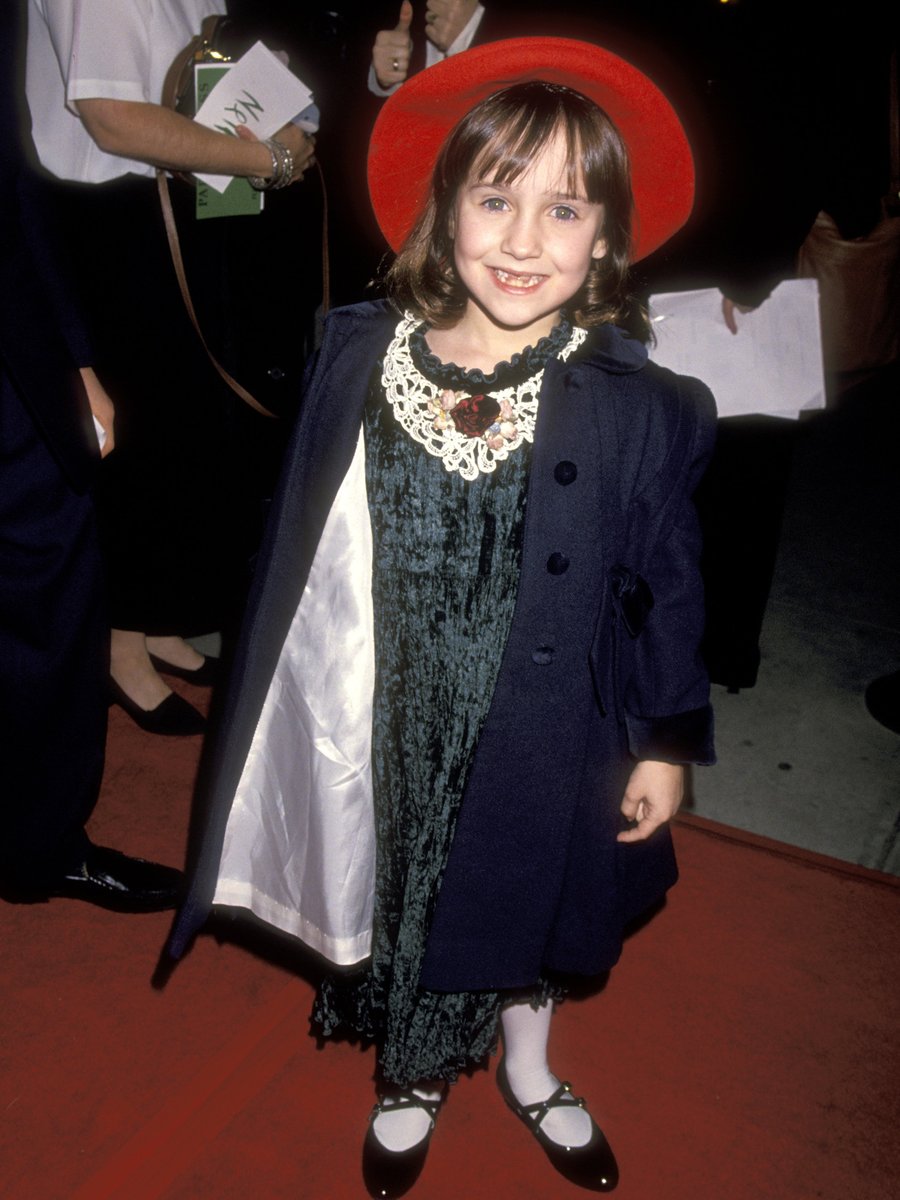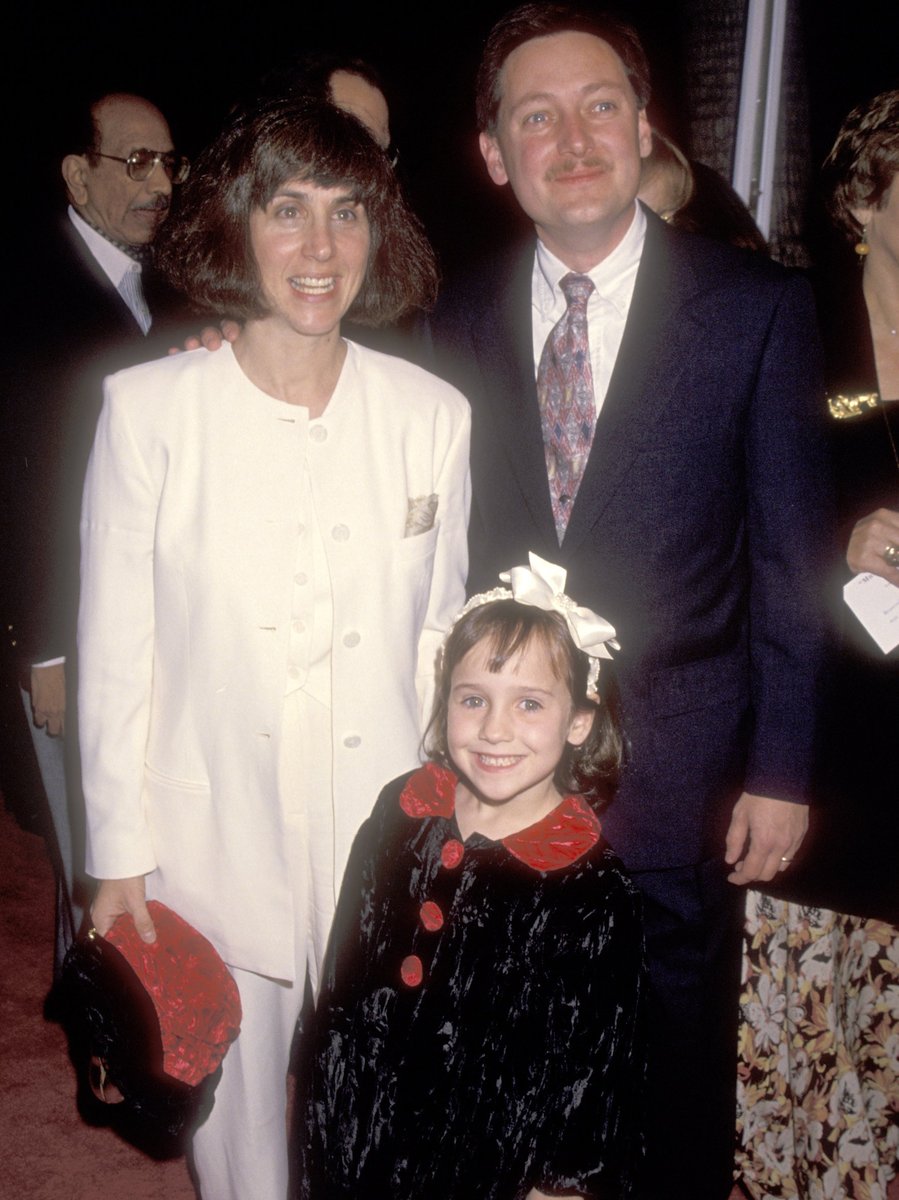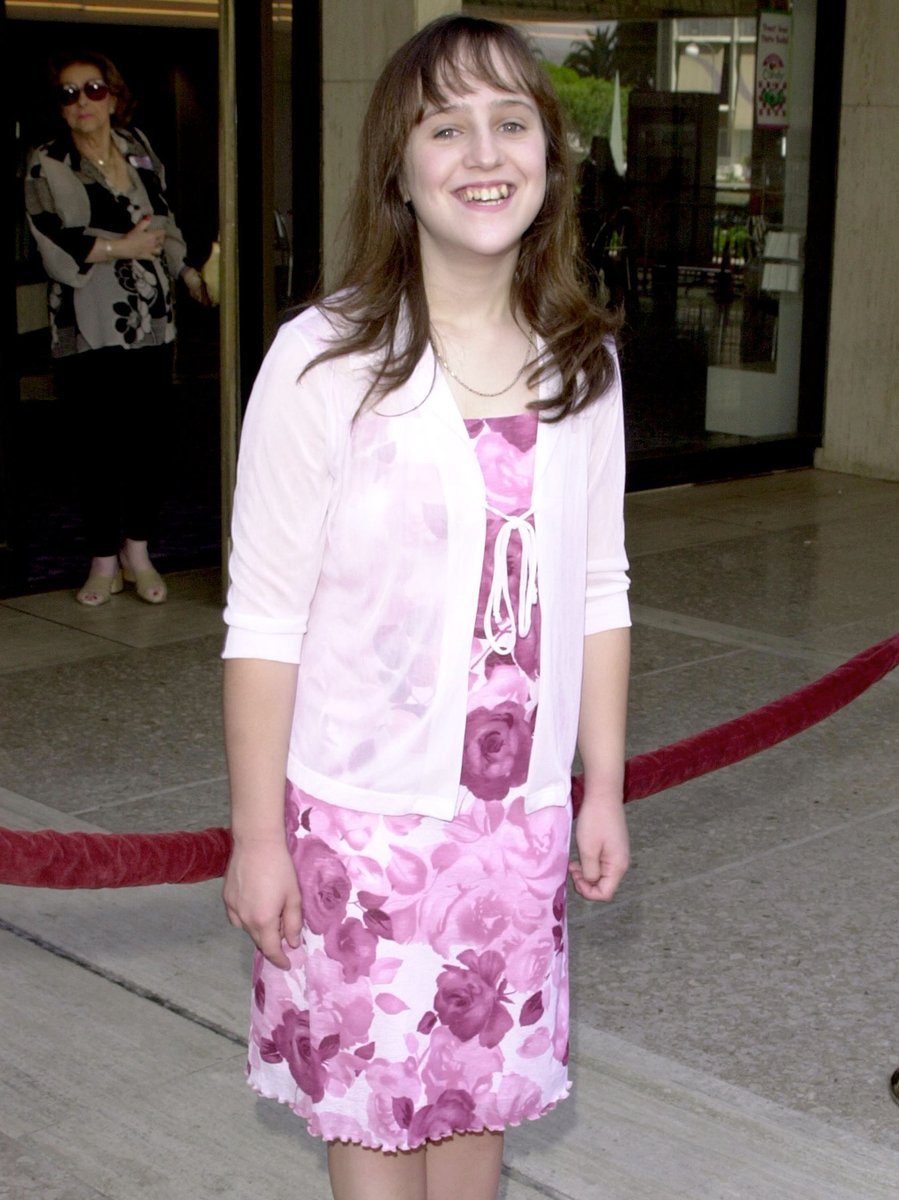
Mara Wilson was five years old when she watched her brother Danny acting in a film, and decided she wanted to try it for herself.
The following year, at six, she landed a role in her first film Mrs. Doubtfire, before appearing in Miracle on 34th Street a year later.
At eight, she starred as the title character in the beloved children's film, Matilda.
But by 13, she was "ruined".
Watch: The auditions that scored actors their leading roles. Post continues below.
At the time, Wilson remembers an article being written about her, which called her a "spoiled brat" who was "at midlife". For Wilson, the article reinforced what she now refers to as "the narrative".
"The idea that anyone who grew up in the public eye will meet some tragic end," she explained in an opinion piece for The New York Times in 2021.
As one of the biggest child stars of the 90s, Wilson fell victim to the narrative that "famous kids deserve" the media scrutiny. So much so that she was, "sexually harassed" by the public and media throughout her career.



